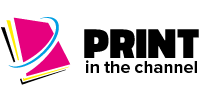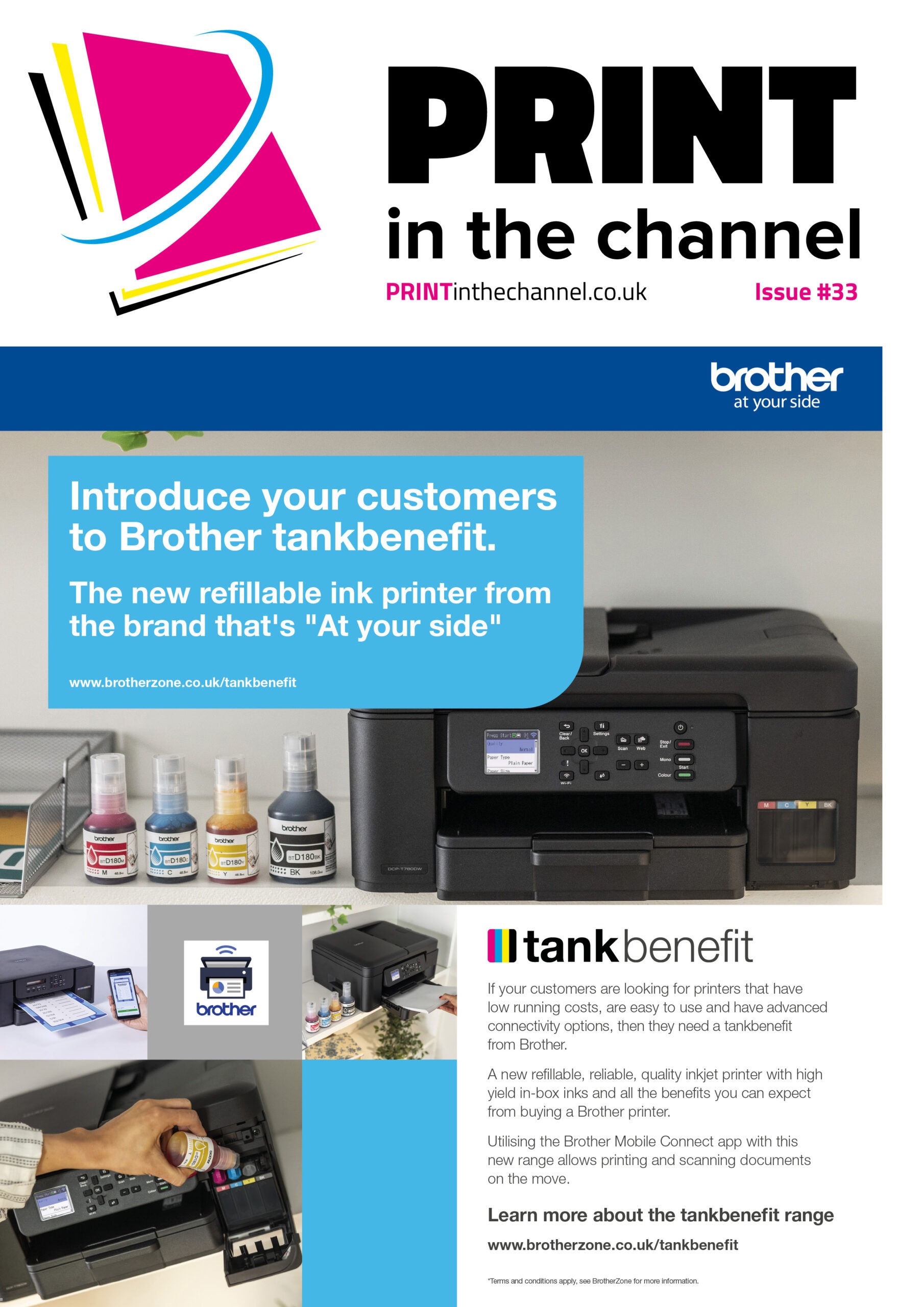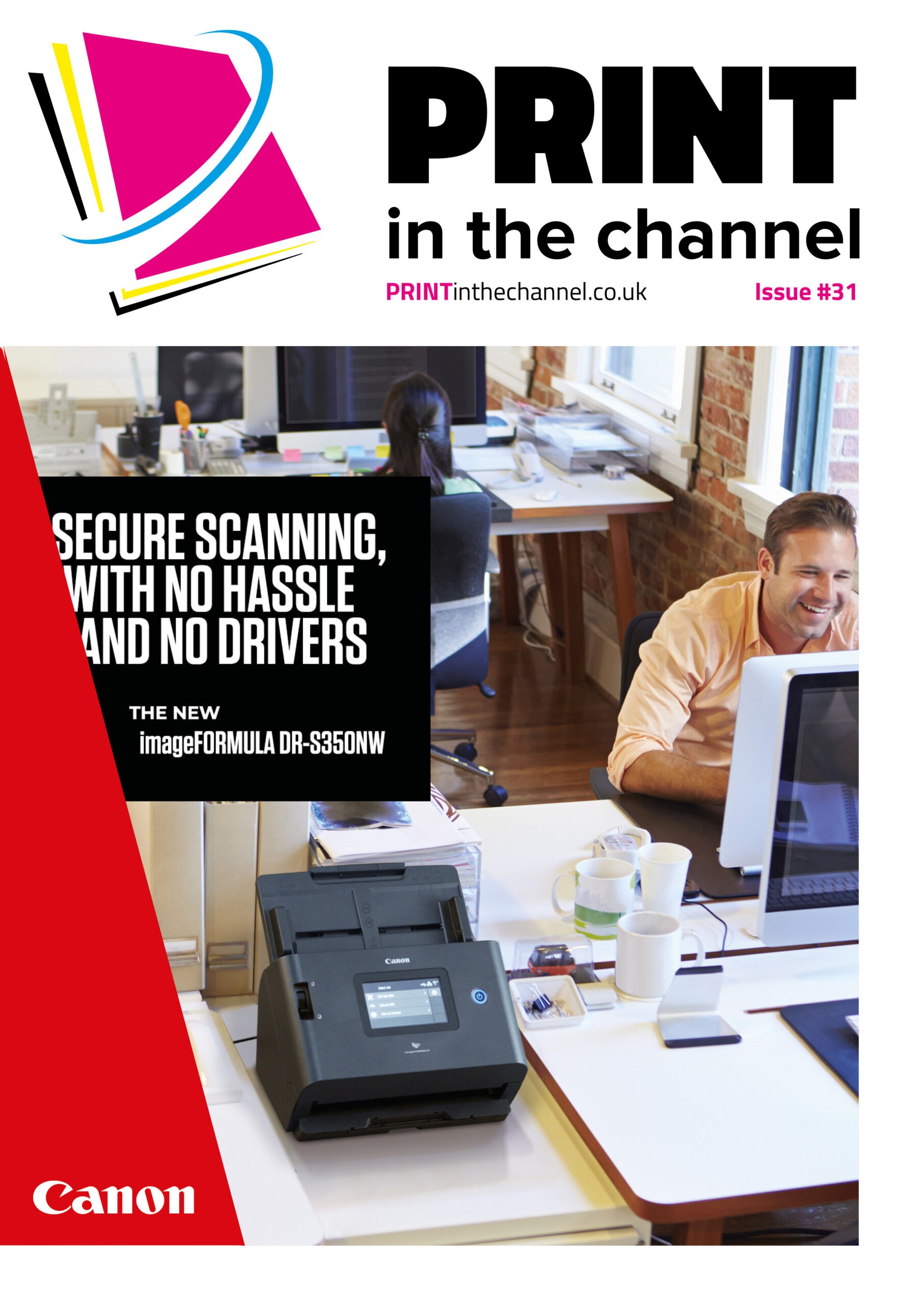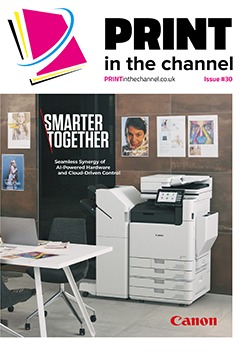GDPR has put the onus on businesses and employees to dispose of their data in secure ways, wherever they may be based – although a significant minority do not do so. This is why confidential shredding is so important for all employees.
Hybrid working is now the norm for millions of employees across the country post-pandemic, but in some cases, security measures have not kept pace, which can leave businesses exposed to the risk of data breaches or falling foul of the General Data Protection Regulation (GDPR), both of which can have a serious impact on a business.
A 2022 survey by Shred-it UK found that while 88% of respondents said they deal with confidential papers in their job, 24% said they do not always follow their workplace policy on destroying confidential information when working from home.
The risk of confidential or sensitive information leaking out also increased, as four in 10 of those surveyed said their home workspace was shared with others, and half admitting that others in the house could access or see the confidential information.
“Many workers are seeing the benefits that hybrid working can offer, but the survey results are concerning because they show confidential business data could be at a greater risk,” says Toby Black, Shred-it’s UK senior vice president.
Shred-it’s survey also revealed confusion over who is mainly responsible for destroying and recycling paper and hard drives when working remotely. Of the 1,000 home workers polled in the online survey, 43% said it was their employer’s responsibility and 45% said it was theirs.
In addition, 34% of those surveyed said they shred and recycle the paper, notebooks and printouts they use when working outside their office; but 18% don’t recycle shredded work documents when at home and/or just put documents in the bin. Other respondents admitted that they don’t have time or think it’s important to shred confidential documents.
GDPR
But this means that employees and businesses could be breaking the GDPR. “GDPR was introduced in May 2018 to regulate data protection and privacy across Europe,” explains Jeremy Cooper from Fellowes. “Put simply, it refers to the process of ensuring that your organisation complies with the GDPR regulations that were introduced by the European Parliament five years ago.
“The GDPR gives individuals more control over their personal information and ensures that companies and organisations are taking appropriate measures to securely protect this sensitive information no matter where their employees are working – in the office, at home or somewhere in between.
“Non-compliance with GDPR regulations can result in severe penalties. If an organisation is found to be in breach of the GDPR, it could be fined 4% of its annual global turnover or 20 million euros, whichever is greater.”
Elisabete Wells, regional marketing director, UK & Ireland, ACCO Brands EMEA, adds that it is a common misconception that GDPR only applies to digital records, when these regulations and their penalties apply to physical and virtual data. “With hybrid workers handling contracts, processing invoices and dealing with customers’ and team members’ sensitive information within the home environment, businesses and individuals risk being in violation of these rules, incurring fines, causing reputational damage and opening the door for potential breaches if this information is handled improperly,” she says. “Home workers are just as responsible for properly managing data at home as they are in the office and need to act accordingly.
“While many businesses have stepped up their cybersecurity measures to suit hybrid working arrangements, physical data protection measures are still lacking. Shredding has been a common practice in the office for ages, but hybrid workers have been slow to adopt it at home.
“Yet, there are definite benefits to at home shredding rather than hauling documents to the office for shredding there or putting it in the home bin. The more movement involved in the process, the more opportunities there is for a breach. All it takes is one document falling out of a bag on the train or being taken from a wheelie bin. Shredding a document as soon as you are finished with it provides immediate security and peace of mind.”
Unreadable particles
This is where confidential shredding comes in. Fellowes makes a range of shredders with security in mind. Fellowes, and other manufacturers, make mini-cut and micro-cut shredders, which reduce every sheet of paper that is fed into the machine to 1,000s of unreadable particles and are ideal for home workers.
“Those with stacks of paperwork to shred, will find the perfect solution in a heavy-duty commercial shredder or an auto feed machine, where you simply load a stack of sheets into the tray, press play and walk away,” adds Jeremy.
“By implementing appropriate measures to protect their employees and customers’ personal information, organisations can reduce the chances of a breach occurring in the first place,” adds Jeremy. “This will help to ensure organisations maintain their reputation with their customers as trusted providers of services or products.”
Growing market
Elisabete adds that sales of shredders are increasing as more home and hybrid working arrangements become permanent and shredding solutions are required. “Sales in the shredding category grew during COVID as some companies acted quickly to equip their employees with the right tools at home,” she says.
“Now that hybrid arrangements are the norm for many, sales are picking up again. Companies that didn’t do the right thing then are doing it now. Sales of smaller, well-designed, quiet shredders like the Leitz IQ range – developed with the home worker in mind – are on the rise again.”
Elisabete says that when presenting this category to their customers, resellers should keep hybrid workers’ needs and priorities front of mind. “Since these solutions will be a part of their personal space, hybrid workers prioritise style and convenience when shopping for their home working setups,” she says.
“Resellers need to demonstrate not only how these products will shield individuals from regulatory risks, but how these products can fit into their everyday working lives.”









